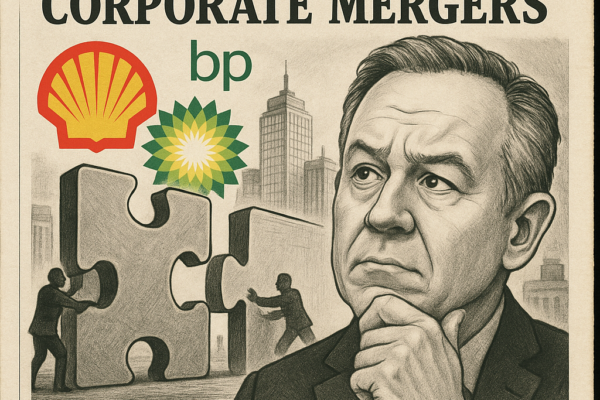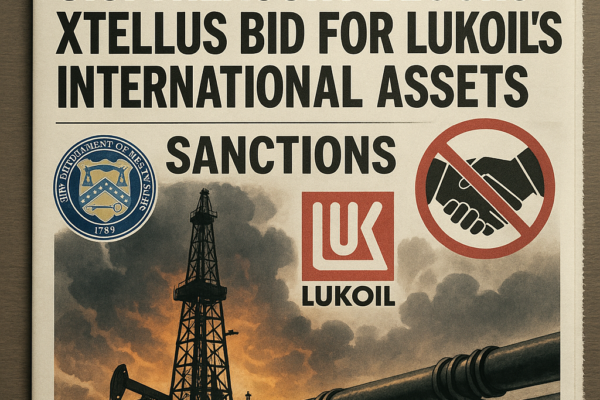Why Kroger’s Delayed Merger Matters
The Backstory
Kroger, a retail giant, is considering postponing the closure of its $24.6 billion merger with Albertsons. This strategic move aims to dodge a potentially contentious hearing in Colorado. Despite Kroger and Albertsons’ defense of the merger, it has been met with opposition, particularly from the Colorado Attorney General’s office, which has filed a lawsuit to halt the deal.
Current Merger Status
The merger agreement is facing significant regulatory hurdles. Critics argue that the merger would eliminate competition and consolidate an already concentrated market. The Colorado Attorney General’s lawsuit asserts that the merger would harm consumers, workers, farmers, and suppliers, and that the proposed divestiture plan is inadequate.
Why the Delay?
Kroger may delay the merger hearing to avoid a potentially unfavorable outcome in Colorado. This strategy buys time to address regulatory concerns and potentially negotiate a more favorable agreement. This tactic isn’t new; similar mergers in the grocery sector have faced delays and challenges in the past.
Lessons from History
The grocery sector has seen several significant mergers in recent years, including Walmart’s acquisition of Flipkart and Ahold Delhaize’s merger. These deals have faced regulatory scrutiny, and companies have employed various strategies to navigate these challenges.
Regulatory Landscape
The current regulatory climate in Colorado and at the federal level is increasingly scrutinizing large mergers. The Federal Trade Commission (FTC) has been actively challenging mergers that could harm competition. Key regulations affecting mergers and acquisitions in the grocery sector include antitrust laws and guidelines set by the FTC and the Department of Justice.
Stakeholder Reactions
Kroger management has emphasized the benefits of the merger, including increased competitiveness and improved wages for employees. Investors have been cautious, with some expressing concerns about the regulatory hurdles. Consumers have also voiced concerns about the potential impact on prices and competition.
Potential Outcomes
The merger could still be approved, potentially with additional divestitures or concessions. Alternatively, the deal could be blocked or significantly delayed, which could impact Kroger’s competitiveness and market share. The outcome will depend on the company’s ability to address regulatory concerns and negotiate a favorable agreement.
Why This Matters
The potential delay in the Kroger-Albertsons merger highlights the significant regulatory challenges facing large mergers in the grocery sector. As the deal moves forward, stakeholders will be closely watching the outcome, which could have significant implications for competition and consumer prices.





